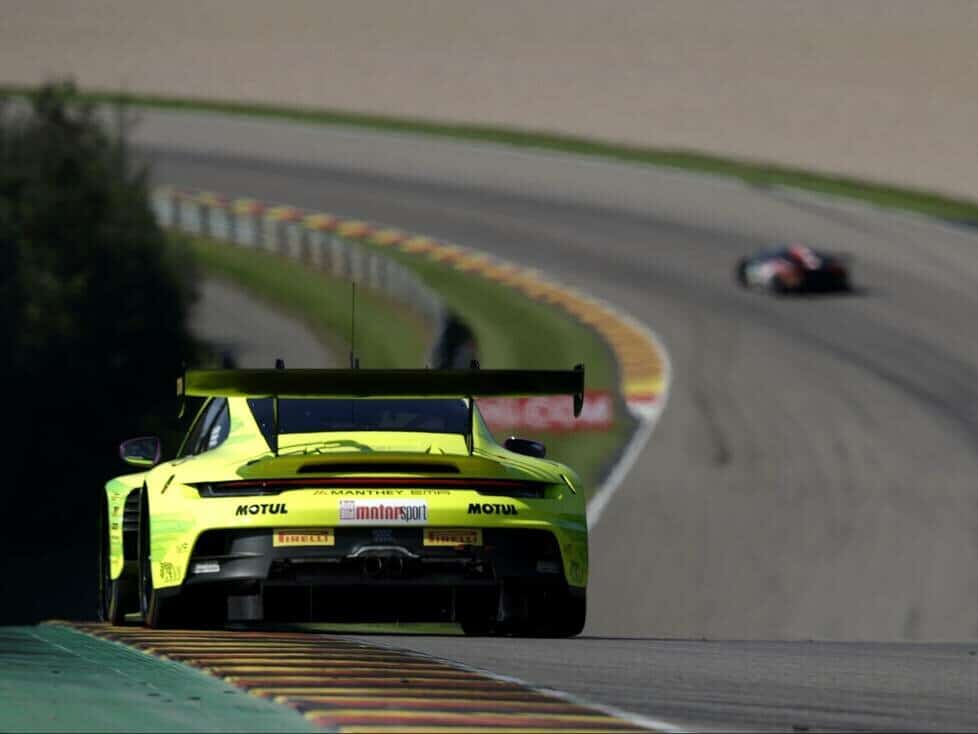GT cars with hybrid or electric drive are also an issue for the future of the DTM: Why Ralf Schumacher is skeptical and which route he would prefer
With the GT3 cars, the DTM has found a replacement following the withdrawal of works racing and the end of the Class 1 prototypes. But the ADAC is under pressure, even though the cars run on 50 percent sustainable fuel. “Refinancing and finding sponsors for a series with combustion-powered cars is becoming more difficult every year. The first question that potential sponsors ask us is: ‘What is the DTM doing in terms of sustainability and what are the proposals for the future?”, explains ADAC Head of Motorsport Thomas Voss.
“That’s why we have to develop something. And at some point, the question arises as to whether we also need to change the cars.” But what does the future look like? Is the solution a hybrid or even an electric vehicle?
“To be honest, that’s only an issue for Formula 1,” Ralf Schumacher shakes his head in an interview with DTM.com – and identifies a problem with a hybrid retrofit. “The cars in the GT sector already weigh 1.4 tons and would then have a few kilos more – due to the battery. At the moment, the GT3 cars would simply be too heavy and the more mass they have, the more of a safety issue that will become at some point. “
Which path Ralf Schumacher would take
The ex-DTM driver is alluding to the fact that the run-off areas and barriers at the racetracks are currently not designed for cars that weigh around two tons. Apart from that, a vehicle that gets out of control at high speed would not only be difficult to stop, but also a danger for other drivers.
Which path would Ralf Schumacher take? “Personally, I would prefer it if we agreed on completely CO2-neutral fuels now,” he emphasizes, which he had already called for for the 2024 DTM season. “And we have to see what the future brings.”
Aside from the safety issue, Schumacher also sees the danger that costs could get out of control with the potential introduction of hybrid or electric vehicles. Even with the current GT3 cars, which have a naturally aspirated or turbocharged engine and are comparatively easy to use, the costs are increasingly spiraling upwards.
Schumacher criticizes “semi-pregnant” factory support
And since the manufacturers in factory-supported customer racing only bear part of the running costs, the air is getting thinner and thinner for the teams. “I’m a little worried about the GT3 series,” says Ralf Schumacher.
It starts “with the factories, which make business easy for themselves and sometimes provide – let’s call it – ‘semi-pregnant’ support for the teams. They also simply rely too much on the teams. But they don’t have the money to permanently pay top engineers, have permanent mechanics and competent employees in all areas,” he says, identifying a problem with the current model.
If a hybrid or electric engine were also prescribed, the effort for the teams would be even greater. It should therefore come as no surprise that, according to ADAC Head of Motorsport Voss, the German manufacturers want to continue to rely on GT3 cars in national series and the DTM in the future, despite their electric strategy.

